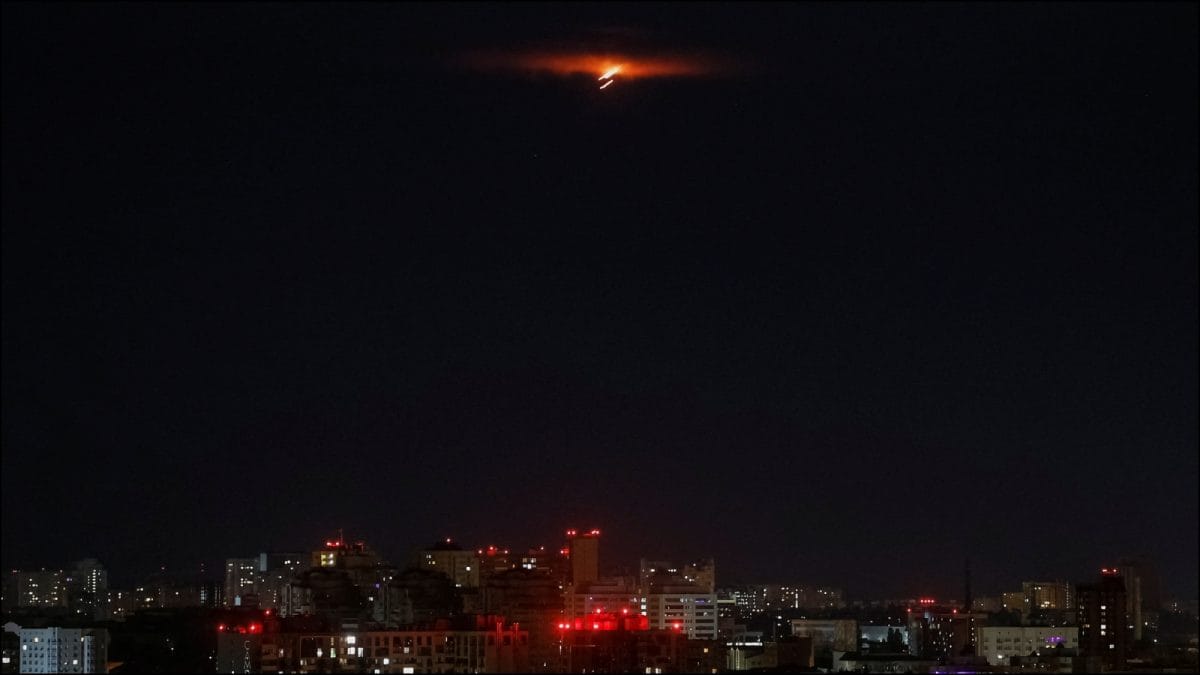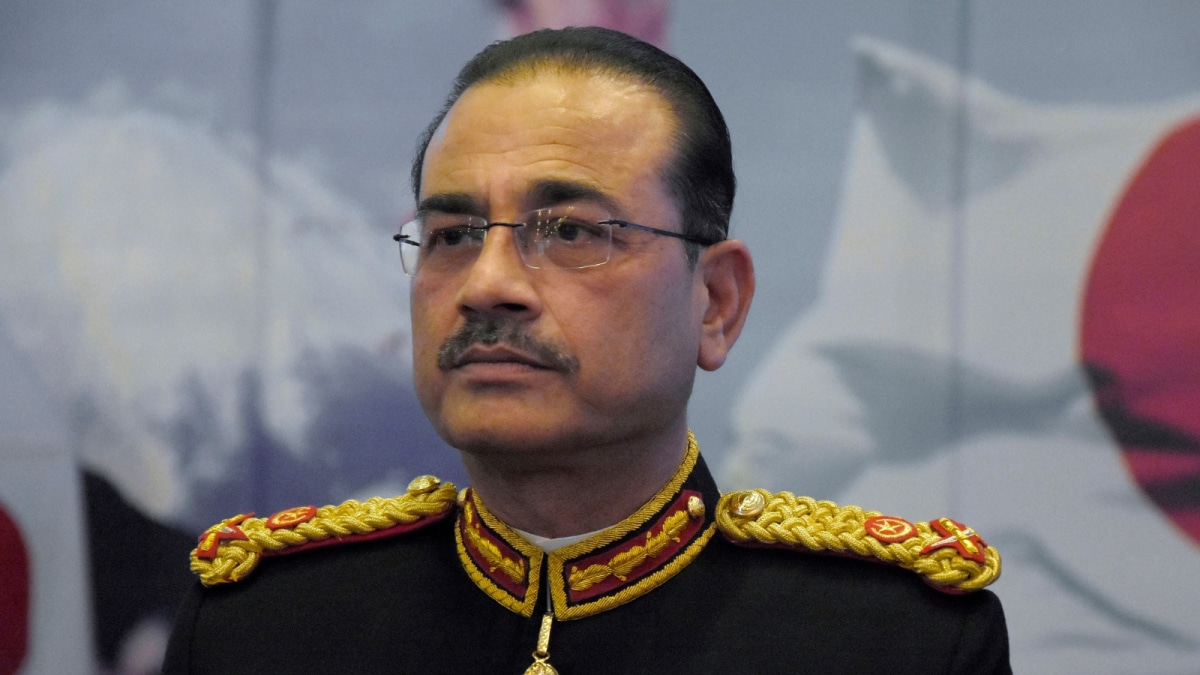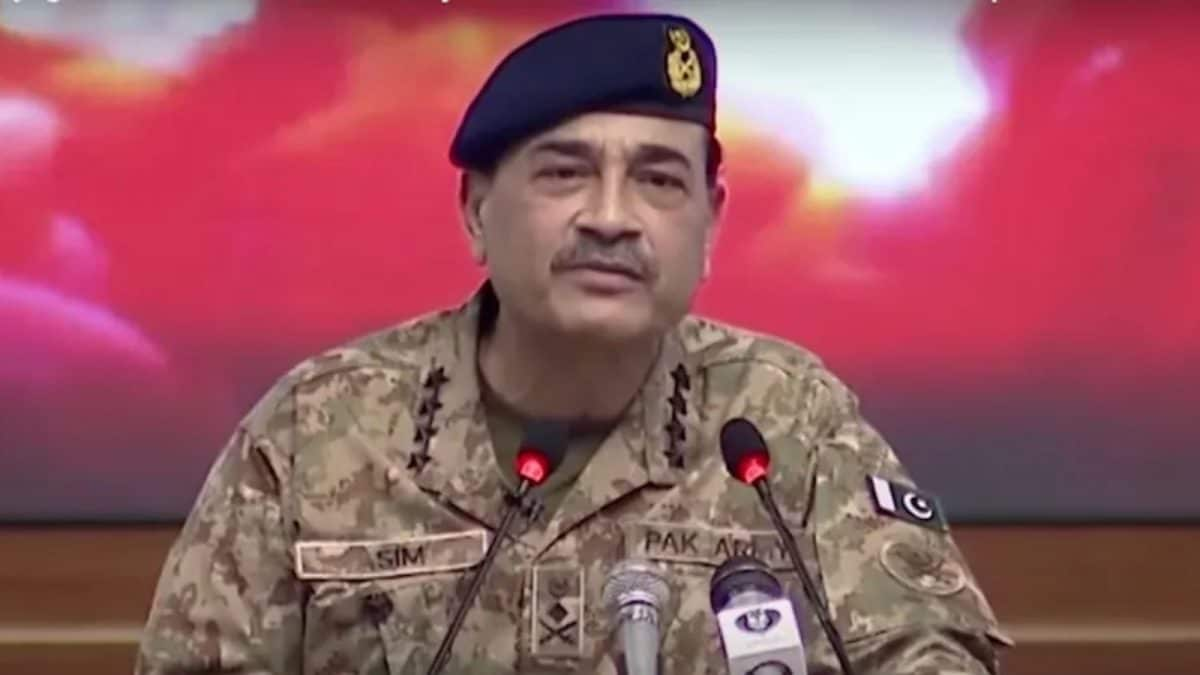Last Updated:May 01, 2025, 10:38 IST
Top Pakistan government sources said political leaders believe they face asymmetric power dynamics with India and minor escalations could result in catastrophic consequences

Approximately 1.5 million Pakistanis live near the Line of Control (LoC) and a war would trigger a refugee crisis. (PTI)
Pakistani politicians are grappling with the crises created by their army and operating in a state of fear and crisis management amid strained relations with India in the aftermath of the Pahalgam terror attack.
Top Pakistan government sources told CNN-News18 that political leaders are not convinced by the Pakistan Army chief’s narrative. They believe they face asymmetric power dynamics with India and existential resource threats, fearing that minor escalations could result in catastrophic consequences.
Approximately 1.5 million Pakistanis live near the Line of Control (LoC) and a war would trigger a refugee crisis. Military retaliation risks a larger war that Pakistan cannot win conventionally. Even a limited strike on militant camps could escalate due to India’s superior mobilisation capacity.
Accepting India’s demands to crack down on all militants would alienate hardliners and spark domestic backlash. Inaction, however, allows India to tighten its grip on Kashmir, weaponise water, and deepen Pakistan’s isolation, the sources said.
According to top Pakistani government sources, India’s defence budget in 2025 was nearly 10 times higher than Pakistan’s, standing at $84 billion compared to Pakistan’s $8.3 billion. India’s military modernisation, with Rafale jets, S-400 missile systems, and aircraft carriers, outpaces Pakistan’s reliance on aging equipment and limited Chinese imports. The 2019 Balakot airstrike demonstrated India’s willingness to cross the LoC, bypassing Pakistan’s nuclear deterrent.
India’s strategic partnerships with the US, EU, and Gulf states like the UAE and Saudi Arabia have further marginalised Pakistan. For a country heavily dependent on agriculture, this is particularly worrisome. About 80 per cent of Pakistan’s farmland relies on Indus waters, and suspending the Indus Waters Treaty threatens food security for 250 million people. The threat of a water shortage could fuel public panic, with citizens stockpiling resources and farmers protesting, undermining trust in the state’s ability to protect basic needs.
India and Pakistan have once again locked horns over the Pahalgam attack in which terrorists shot dead 26 civilians, mostly tourists, as they soaked in the beauty of the serene Baisaran Valley. The incident, which sparked global condemnation, saw India take several steps to hurt Pakistan, including putting the Indus Waters Treaty in abeyance and closing down the Attari check-post. Pakistan responded with tit-for-tat missives, and both countries have been flexing their defence might, even as the world cautions against aggression.
Location :Islamabad, Pakistan
First Published:News world Pakistani Politicians Struggle With Army-Induced Crises As India Flexes Muscle | Exclusive

 1 month ago
1 month ago
















